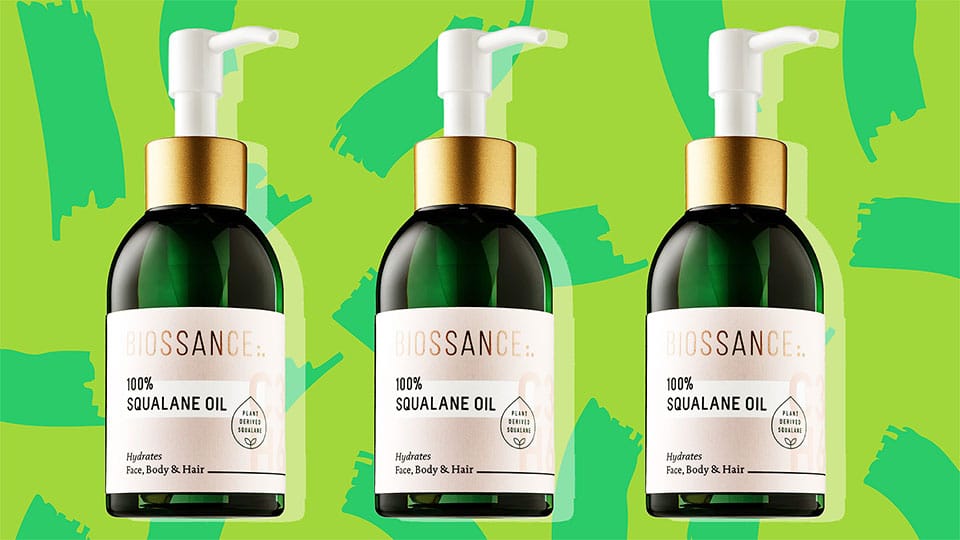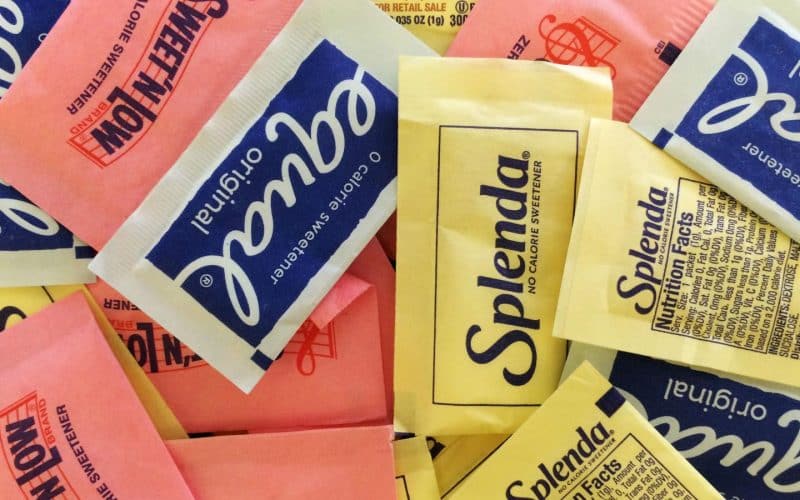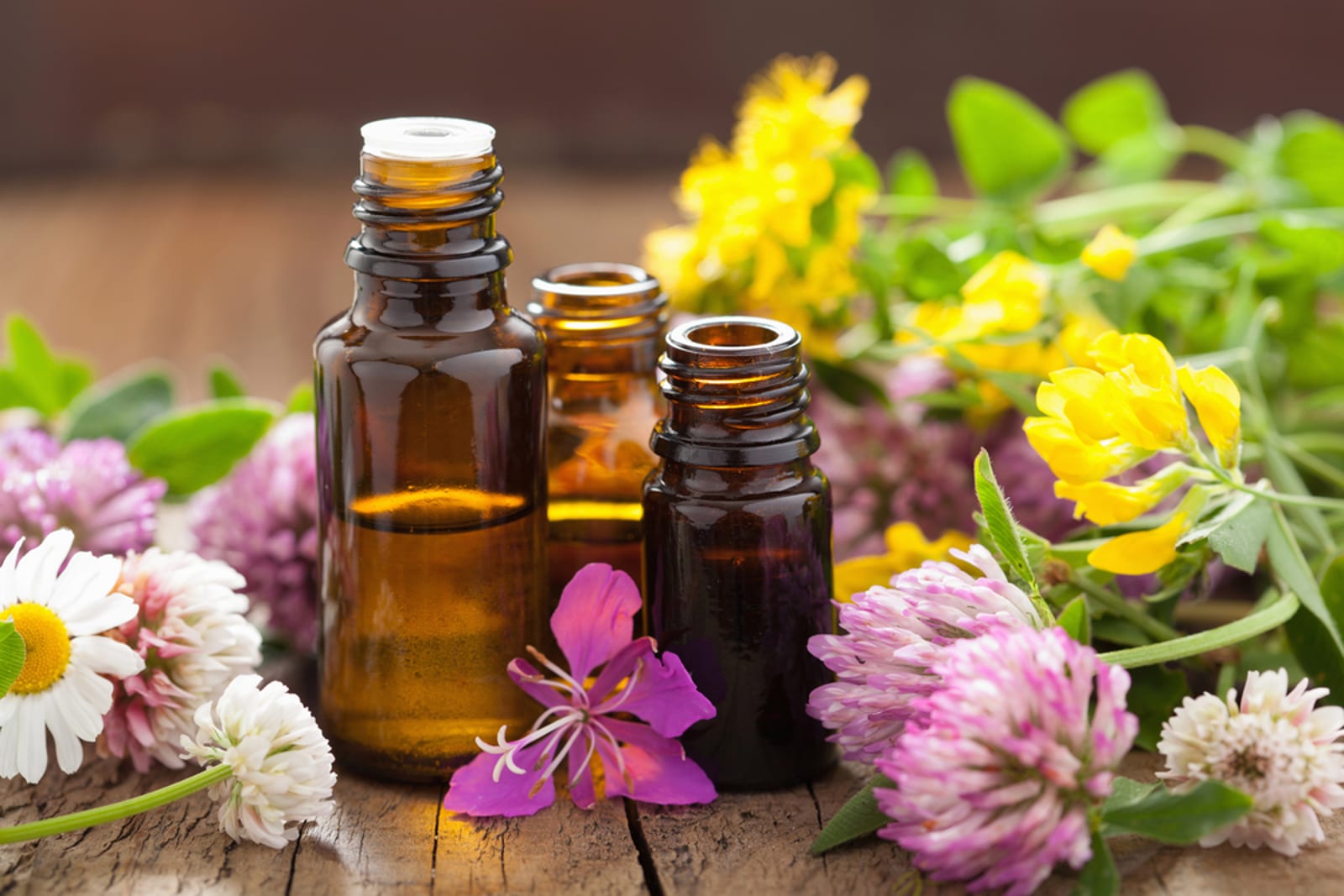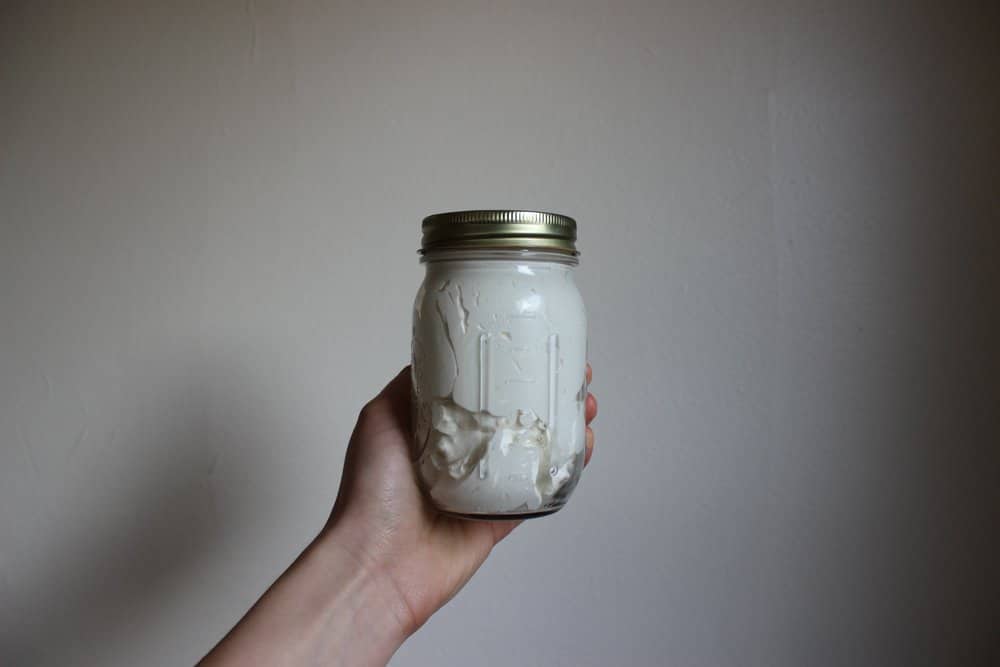The human body is naturally built to moisturize the skin’s outer layer, but in most cases, the skin doesn’t get enough hydration, especially as you age and get older.
Although having dry skin isn’t really a medical issue, some severe cases of dry skin may result in cracks and fissures on the skin, and this causes infections and inflammation.
Squalane is one moisturizer that smoothens and softens the skin from within, that is, from the inner layers of the skin to the outer layers. Squalane works just like the skin’s natural oil; it is a natural antioxidant with antitumor properties.
What is Squalane?
Squalane oil is gotten from natural human skin moisturizers called “squalene.” Squalene is a lipid and natural moisturizer that is produced and generated in the human skin cells.
Its concentration naturally declines as we get older, so it’s essential to come up with an alternative to add squalene to our body one way or the other, it could be through food and topical applications or anything.
In fact, at birth, about 12% of our skin surface is made up of squalene, but as we reach our mid-to-late twenties, the production of squalene in our body will begin to decline rapidly.
The peak production of squalene occurs in the teen years before production starts slowing down from the mid or late twenties, and as a result, the skin begins to get drier and rougher.
Squalene is not only found in human skin cells, but it is also naturally present in plants like rice bran, olives, sugarcane, and wheat germ. However, for decades, squalene was gotten from the livers of deep-sea sharks, especially after fishers became familiar with its incredible skin and hair benefits.
Animal and plant squalene cannot be used in skin care products in their raw forms because when exposed to oxygen, they tend to become rancid, and they get spoilt quickly.
So squalene goes through a process of hydrogenation, after which it comes out as a stable form of the molecule called squalane.
The hydrogenation process simply converts squalene from its natural form as an unsaturated oil to a saturated oil, so we have a harmless moisturizer called squalane at our disposal.
Hydrogenation simply makes the oil more skin-friendly as the raw form cannot be used on the skin right after extraction, and it helps to increase the product shelf life.
What are the health benefits of squalane?
Boosts skin hydration
Healthy skin is a hydrated one. So, scalene possesses immense benefits when applied topically. Hydrating your skin can help them look healthier and more vibrant.
These oils also contain antioxidants that fight free radicals and skin damage, which can both speed up the aging process. One study also shows that squalane is an excellent detoxifier.
With regular use, squalane can also boost collagen production, which results in firmer skin. Follow the instructions for the application as written on the product package.
Helps improve hair moisture
Squalane does not only benefit the face and body, but you can also apply it to your hair.
Moisturizing your hair can help prevent breakage and increase shine. Although, the hair produces its own natural oils, age, heat damage, weather, and diet can dry our locks.
Using squalane can strengthen your hair strands and protect against further damage. Massage your hair with a few drops of squalane to enhance moisture before rinsing in the shower.
Reduces oily skin and acne
If you have oily or acne-prone skin, using the wrong skincare products can worsen blemishes or trigger a breakout. Squalane, however, is suitable for all skin types.
It is an excellent alternative if other oils are too greasy or heavy for your skin. Although squalane is an oil, it is lightweight and noncomedogenic – which means it won’t clog your pores.
Squalane does penetrate your pores and improve the skin at the cellular level; however, it doesn’t feel heavy on your skin. One study revealed that squalane contains anti-inflammatory properties that can ease redness and swelling.
But even if squalane won’t clog your pores, dead skin cells, bacteria, and natural skin oils can.
So before applying this oil on your face or the affected area, clean out your pores first using a gentle cleanser. Also, remove dead skin cells regularly by exfoliating once or twice a week.
Is squalane suitable for eczema?
The simple answer is yes.
Since squalane possesses anti-inflammatory qualities, it can be used to soothe a variety of inflammatory skin problems. These include psoriasis, dermatitis, rosacea, eczema, and inflammatory acne.
One major symptom of these skin conditions is dry skin. But you can boost your skin moisture with regular hydration, which can also dry patches and reduce flare-ups.
What are the risks of using squalane for skincare?
Just like other skincare products, there is a risk of an allergic reaction or irritation – even when the products are said to be safe.
If it’s your first time using squalane, do not apply over a large portion of skin, test the oil on a tiny area first, like your inner arm or elbow, to rule out any allergy symptoms. Signs of an allergic reaction include redness, swelling, and itching.
Also, take into consideration the impact of squalane on the environment. While squalane can be harvested from the liver of sharks, it isn’t environmentally friendly or sustainable.
When shopping for squalane, make sure to buy oils that are 100 percent plant-derived. Some skincare products contain squalane from plants, not sharks. Plant-derived oils are sustainable and cruelty-free.
Summary
As we age, our body produces less squalane, which can result in dry hair and dry skin. However, some natural skincare ingredients can mimic your body’s natural, which boosts hydration and increase your moisture level.
This helps your skin and hair look healthier, and also improve a variety of skin conditions ranging from eczema to acne.









